Parenting Concerns
Teen Nicotine Use
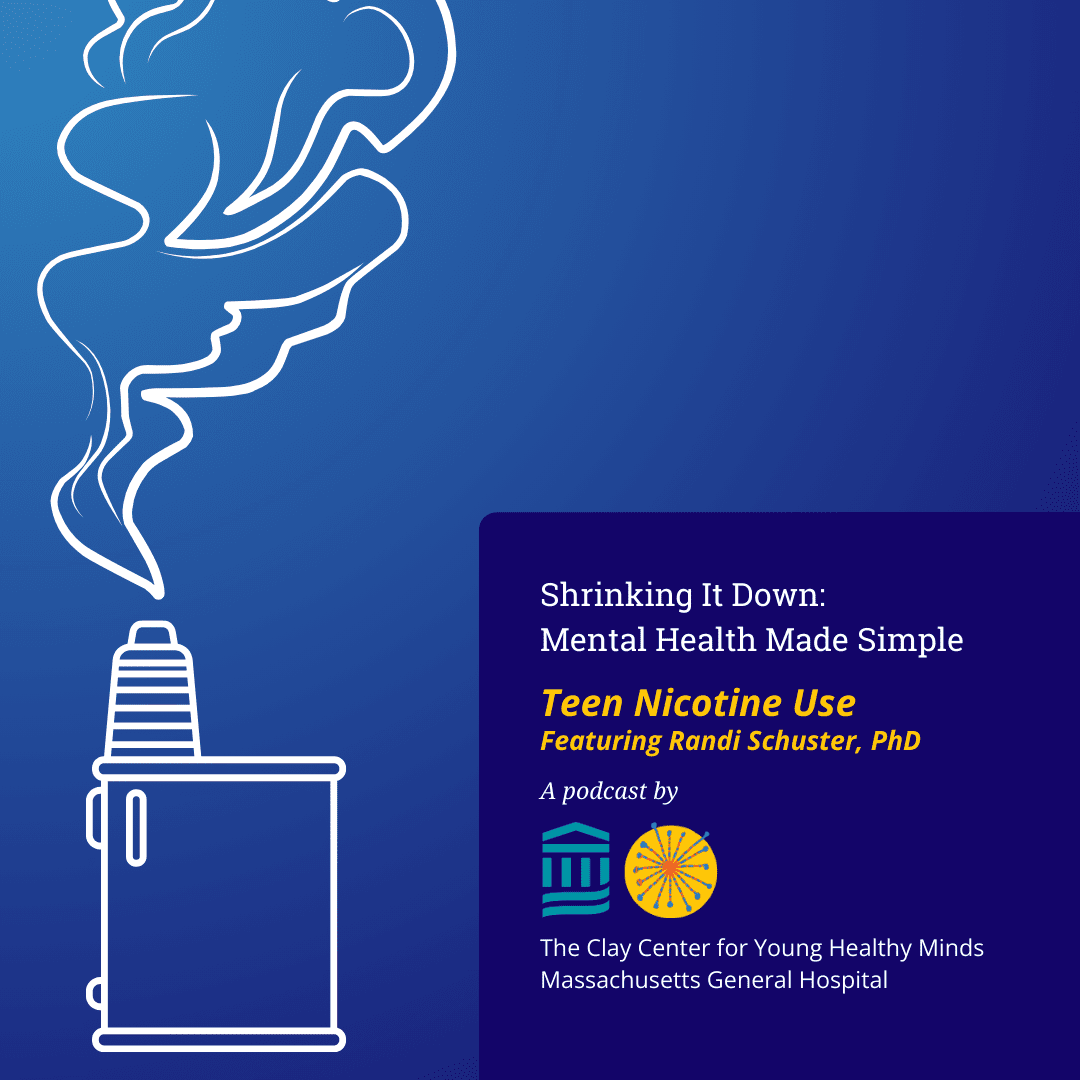
In 2024, the CDC reported that 1 in 29 middle school and 1 in 13 high school students vaped in the past month. This statistic is especially troubling, given that 9 in 10 adults who smoke daily first tried smoking by the age of 18.
In this episode of Shrinking it Down, Dr.
Including Disability and Belonging in Diversity, Equity and Inclusion
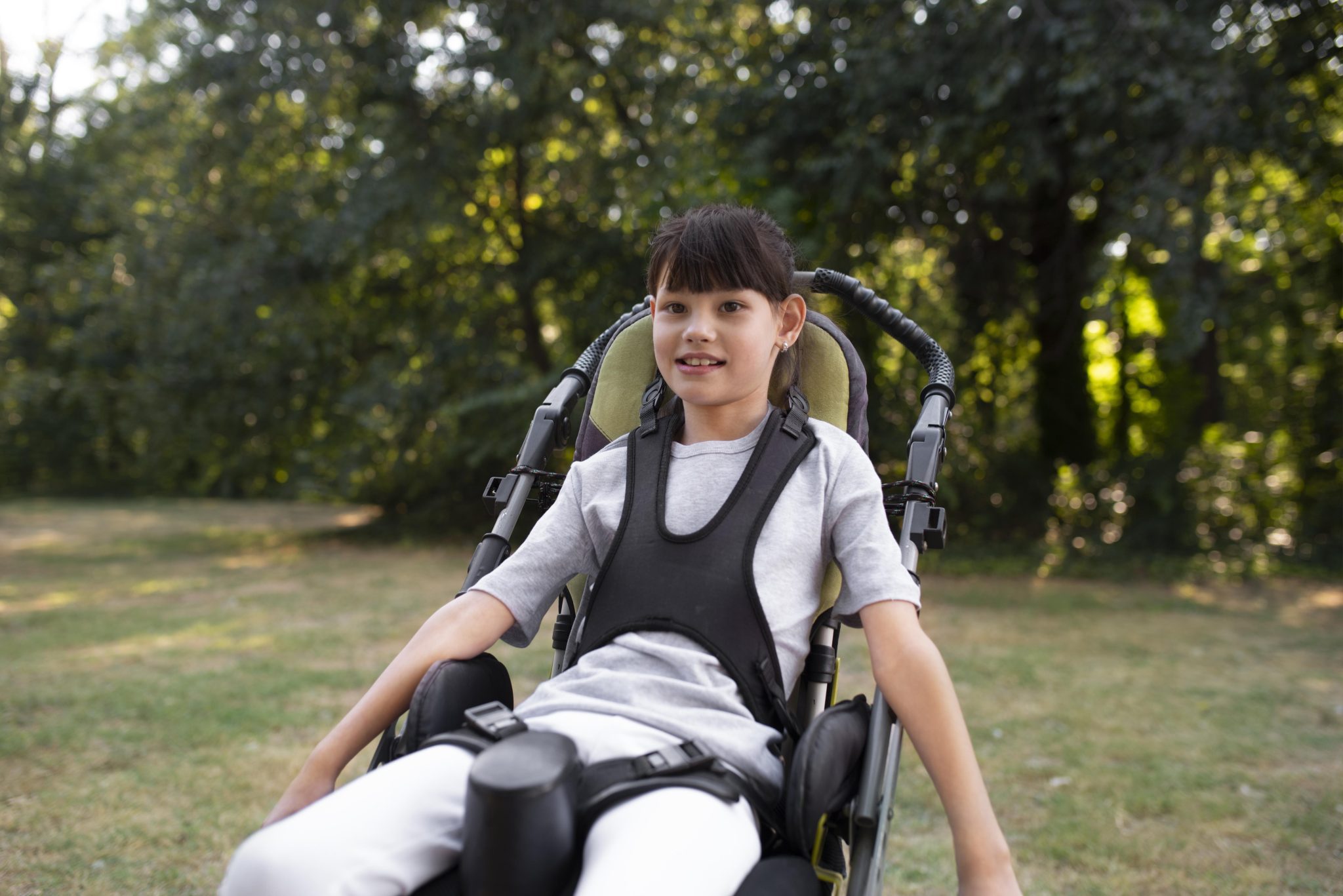
It is not always clear that disability is included in justice, equity, diversity, and inclusion (JEDI) initiatives and though schools and many organizations have made efforts to create a fair, open, diverse and inclusive workplaces, disability representation has often been absent from modern initiatives.
Supporting Youth in a World Riddled by Conflict
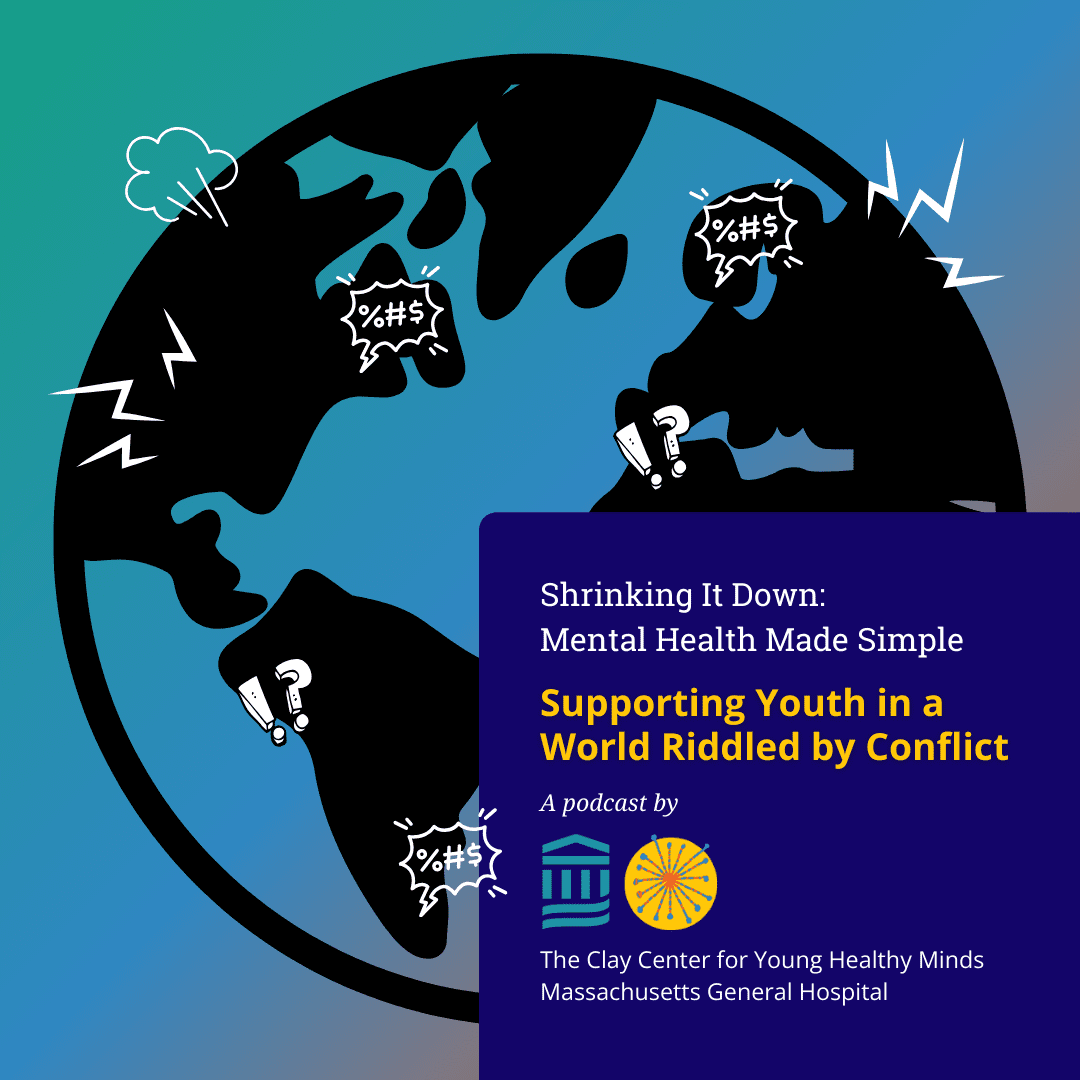
Let’s be honest, we’re all stressed.
We’re stressed about climate change, world crises, the upcoming election, or even just the common stressors of everyday life: economic pressures, relationship issues, burnout, you name it. So, with all stress, our conversations can easily become more uncivilized.
Parental Stress: Practical Tips in Response to the New Surgeon General’s Advisory

In the recent Advisory, Parents Under Pressure, the US Surgeon General noted that parents are currently more stressed, burned out, and lonely than ever before. The alarming statistics are not all that different than his Advisories on the Youth Mental Health and Loneliness Epidemics that have been escalating since the late 1970s.
Navigating Special Education in Schools Part 2: Working with the Team and Your Child
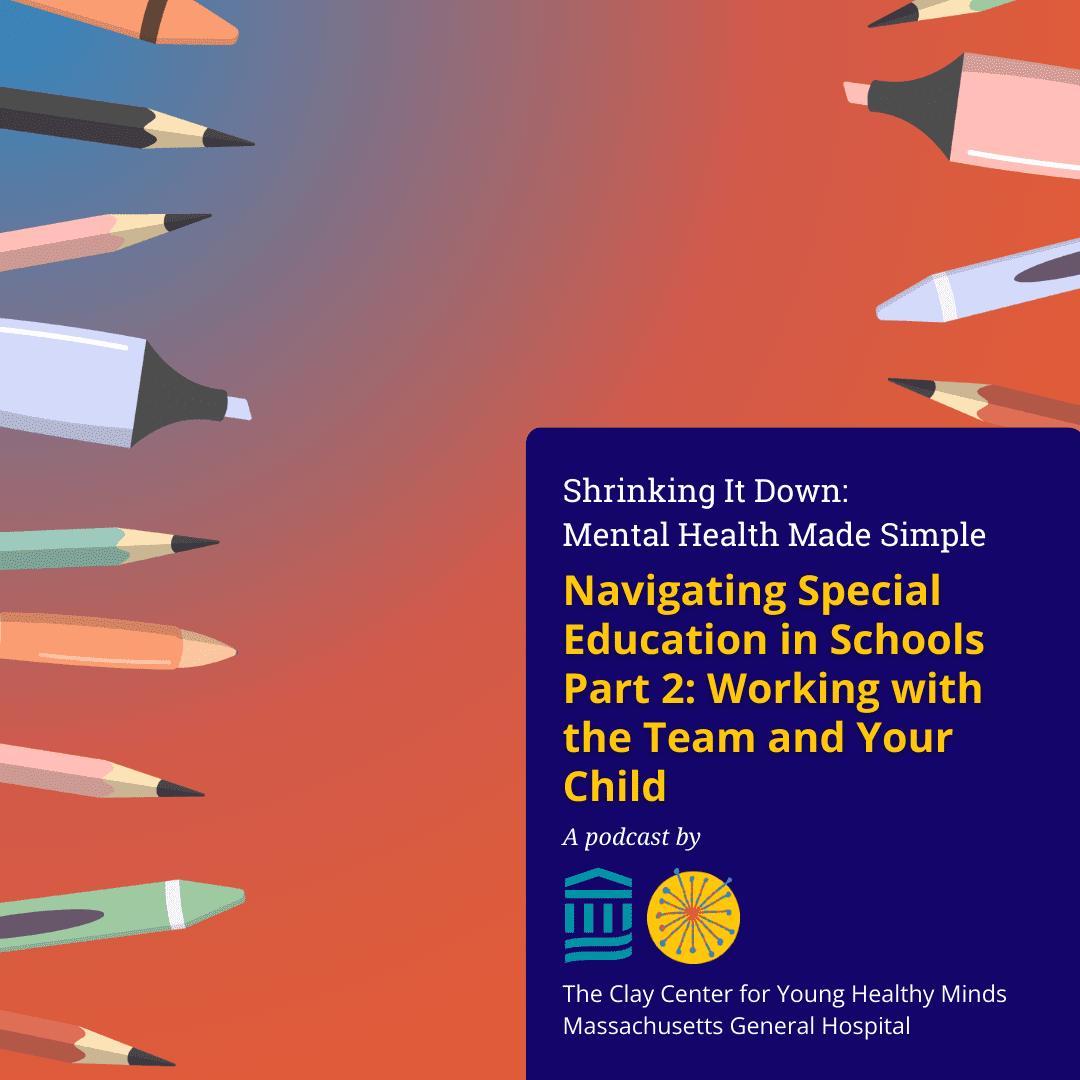
This is the first blog post in a two-part series on navigating special education in schools. The focus of this first post is on general legal and practical tips for parents. The second post focuses on working with the IEP and your child.
Navigating Special Education in Schools Part 1: Legal and Practical Tips
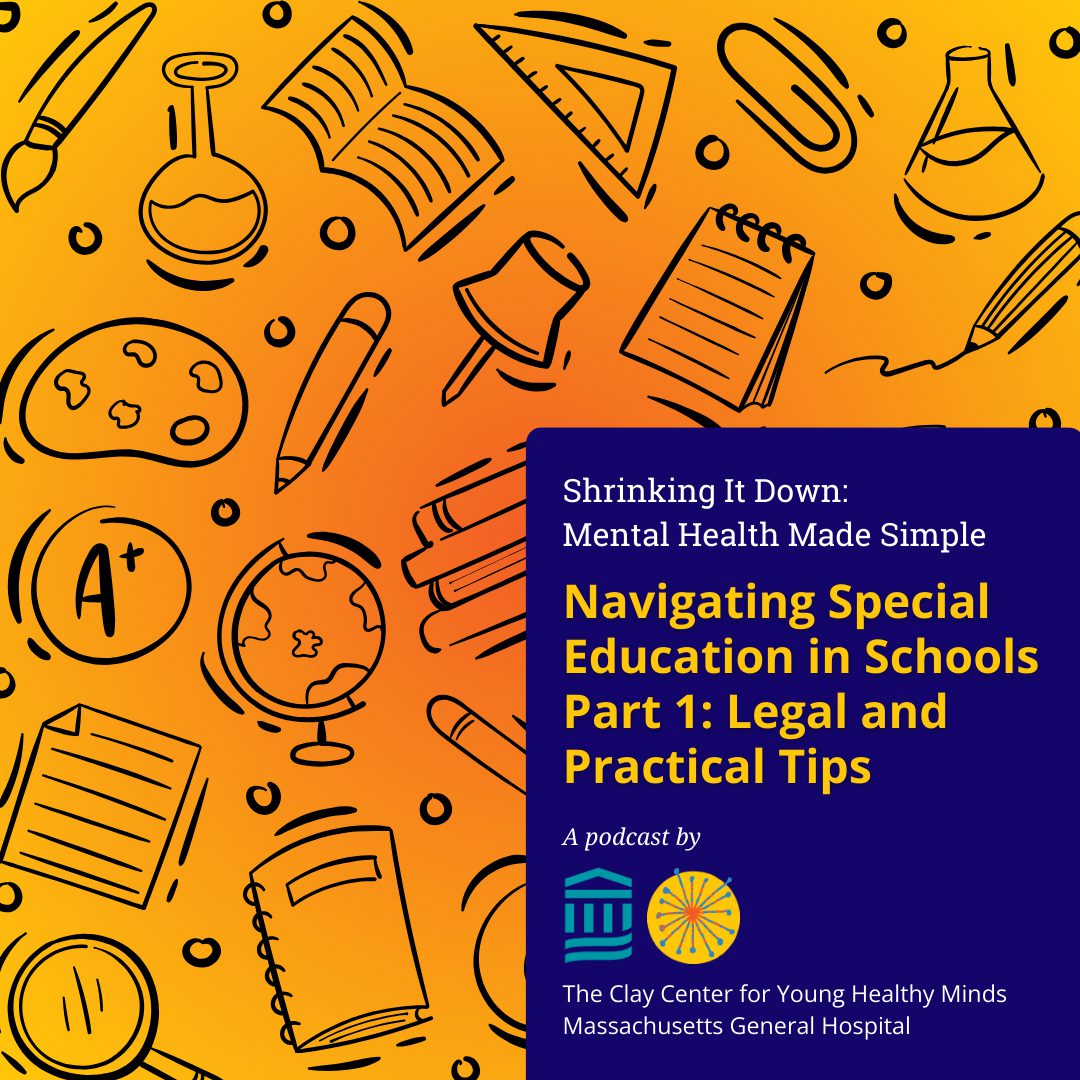
This is the first blog post in a two-part series on navigating special education in schools. The focus of this first post is on general legal and practical tips for parents. The second post focuses on working with the IEP and your child.
A Letter to Those Struggling: Surviving a Severe Eating Disorder

Note: The following person’s account of his/her personal experience has been published with his/her consent to support the mission of The Clay Center for Young Healthy Minds, and let others in similar situations not feel so alone.
A Gift of Will: It’s How Our Kids Keep Going
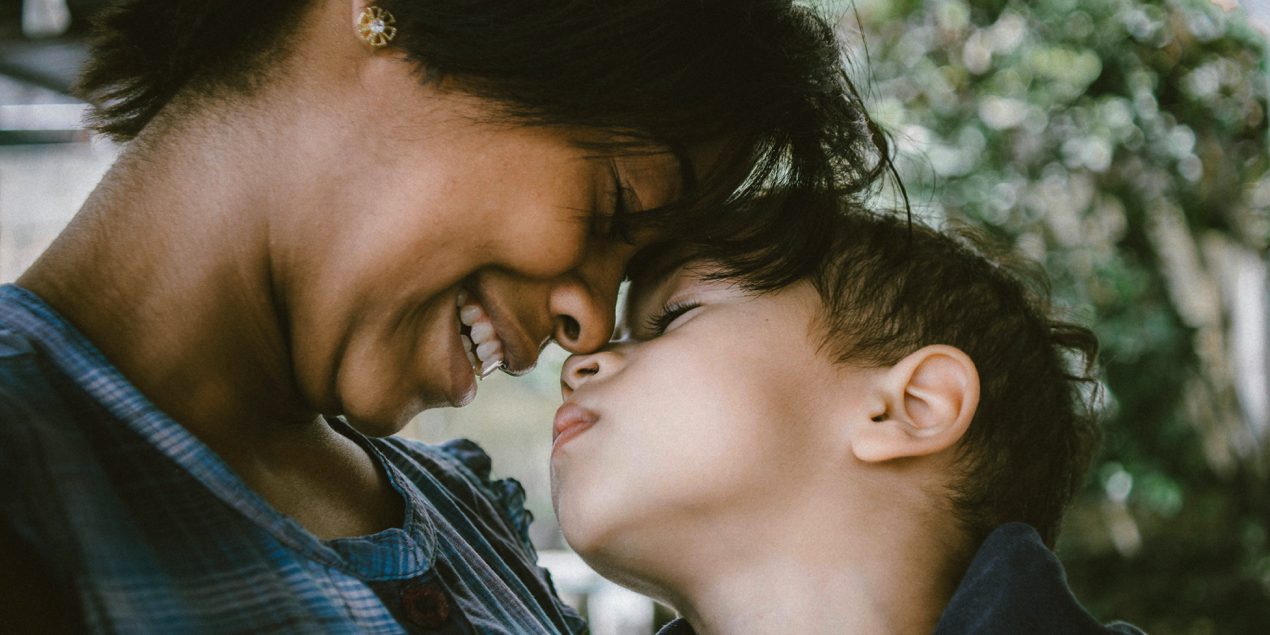
I was talking with a friend who’s been dealing with a lot. In addition to managing several mental health issues, life has thrown them some sad and challenging curves –including valid concerns about family members and their own livelihood.
“Walking in Another Character’s Armored Boots”: How Role-playing and Therapy Intertwine
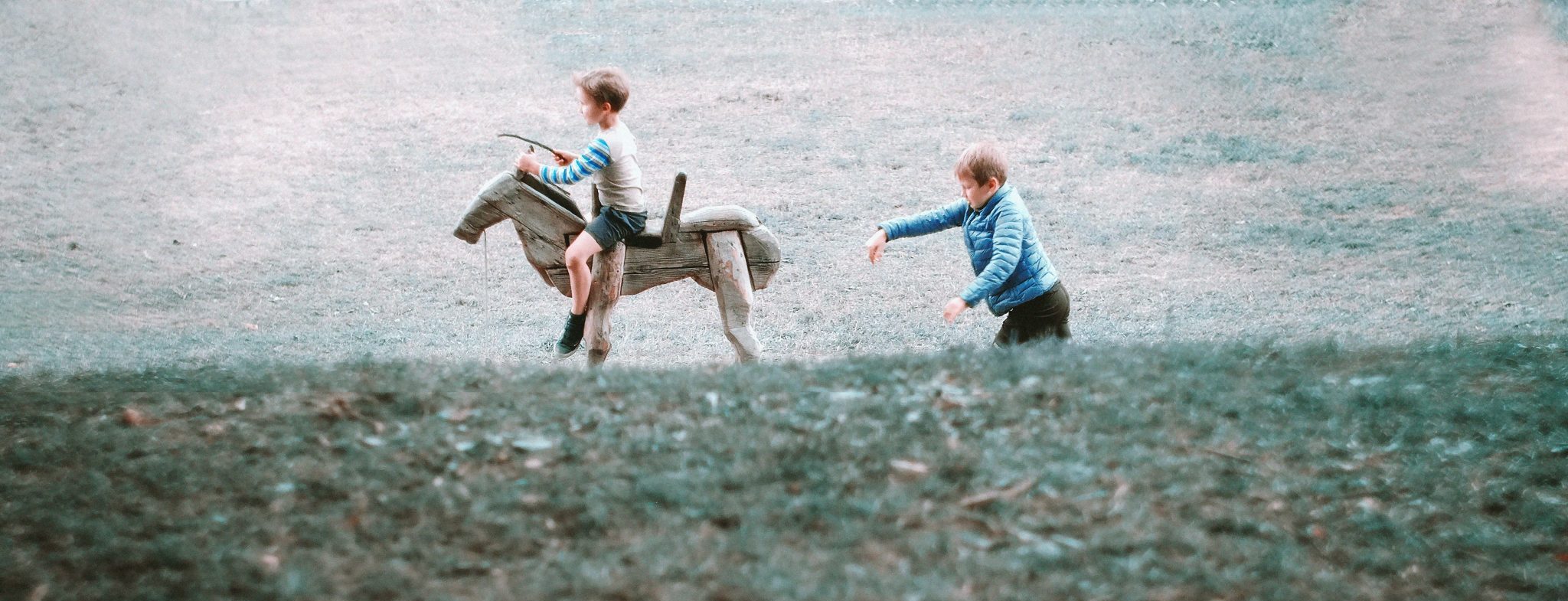
Role-play is one of the most basic ways we learn about how to interact with other people, our identity, the world we’re in, and our place in it. It’s something we almost universally do as children and frequently continue as adults.
The Youth Mental Health Epidemic: What Parents and Caregivers Can Do

In April 2024, I wrote an editorial in Academic Psychiatry with my colleagues indicating that the leadership of our field had fallen short in satisfying our moral, ethical and professional standards to promote efforts to address the mental health epidemic among our youth.



